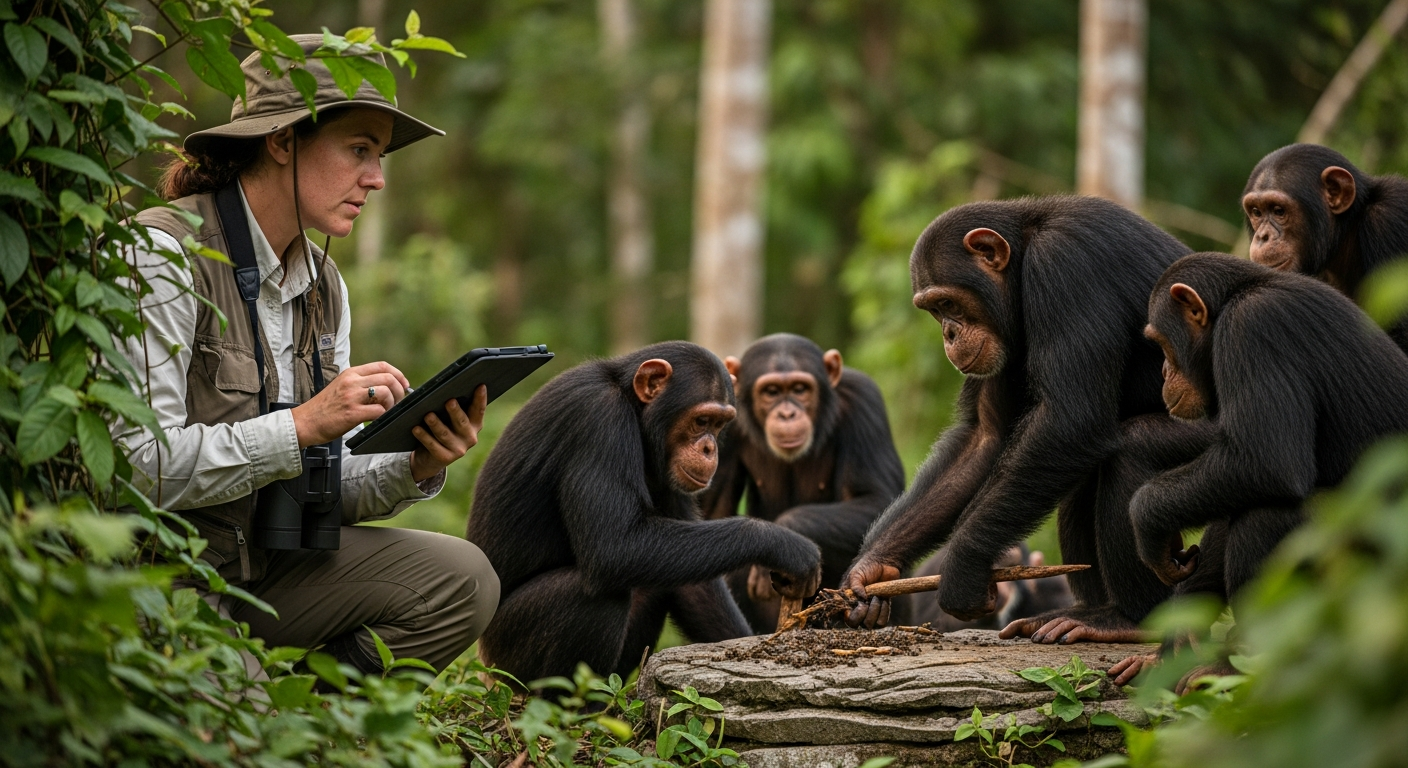Exploring the World of Voluntourism: Combining Travel with Social Impact
Voluntourism, a portmanteau of volunteering and tourism, has emerged as a transformative way to explore the world while making a positive impact. This unique travel trend allows individuals to immerse themselves in new cultures, contribute to meaningful projects, and gain a deeper understanding of global issues. As the travel industry evolves, voluntourism has gained traction among those seeking more purposeful and enriching experiences. In this article, we'll delve into the world of voluntourism, exploring its benefits, challenges, and how it's reshaping the way we think about travel.

Over the years, voluntourism has evolved from primarily long-term commitments to include short-term projects and even day trips. This shift has made it more accessible to a wider range of travelers, from students on gap years to professionals with limited vacation time. The types of projects have also diversified, spanning areas such as education, healthcare, conservation, and community development.
The Appeal of Voluntourism
Voluntourism offers a unique blend of personal growth, cultural immersion, and the opportunity to make a tangible difference. For many participants, it provides a sense of purpose and fulfillment that traditional tourism often lacks. The chance to work alongside local communities fosters cross-cultural understanding and creates lasting connections that extend far beyond the trip itself.
Moreover, voluntourism can be an excellent way to develop new skills, gain work experience, and enhance one’s resume. Whether teaching English in Southeast Asia or participating in wildlife conservation efforts in Africa, these experiences can be both personally and professionally enriching.
Choosing the Right Voluntourism Project
With the growing popularity of voluntourism, the number of organizations offering volunteer opportunities has skyrocketed. However, not all projects are created equal, and it’s crucial to choose wisely to ensure a positive impact. Here are some factors to consider:
Alignment with Local Needs
The most effective voluntourism projects are those that address genuine community needs rather than imposing external agendas. Look for organizations that work closely with local partners and prioritize sustainable, long-term solutions over quick fixes.
Skill-Based Matching
Consider your skills and how they can best be utilized. While enthusiasm is valuable, projects that match volunteers with tasks suited to their expertise tend to have a more significant impact. For instance, a medical professional might be better suited to a healthcare project than a construction initiative.
Transparency and Ethical Practices
Research the organization thoroughly, looking for transparency in their operations, allocation of funds, and impact reporting. Ethical voluntourism should prioritize the well-being of local communities and avoid perpetuating harmful stereotypes or dependencies.
Balancing Volunteering and Tourism
While the volunteering aspect is central to voluntourism, it’s essential to strike a balance with traditional tourism activities. Many programs incorporate cultural excursions, language lessons, or free time for independent exploration. This balance allows volunteers to gain a more comprehensive understanding of the destination and avoid burnout.
Insider Tips for Prospective Voluntourists
• Research extensively before committing to a project
• Set realistic expectations about your impact and role
• Learn about the local culture and customs beforehand
• Be open-minded and flexible during your experience
• Consider longer-term projects for more meaningful impact
• Stay connected with the community after your trip
The Future of Voluntourism
As the travel industry continues to evolve, voluntourism is likely to play an increasingly significant role. The growing emphasis on sustainable and responsible travel aligns well with the principles of voluntourism. However, the sector must address challenges such as the potential for dependency, the commodification of poverty, and the need for more rigorous impact assessment.
Innovation in technology may also shape the future of voluntourism, with virtual volunteering opportunities allowing people to contribute remotely. This could make voluntourism more accessible and reduce the environmental impact of travel.
Ultimately, the key to successful voluntourism lies in fostering genuine partnerships between travelers, organizations, and local communities. By prioritizing mutual learning, respect, and sustainable impact, voluntourism has the potential to create meaningful change while offering travelers a truly transformative experience.






